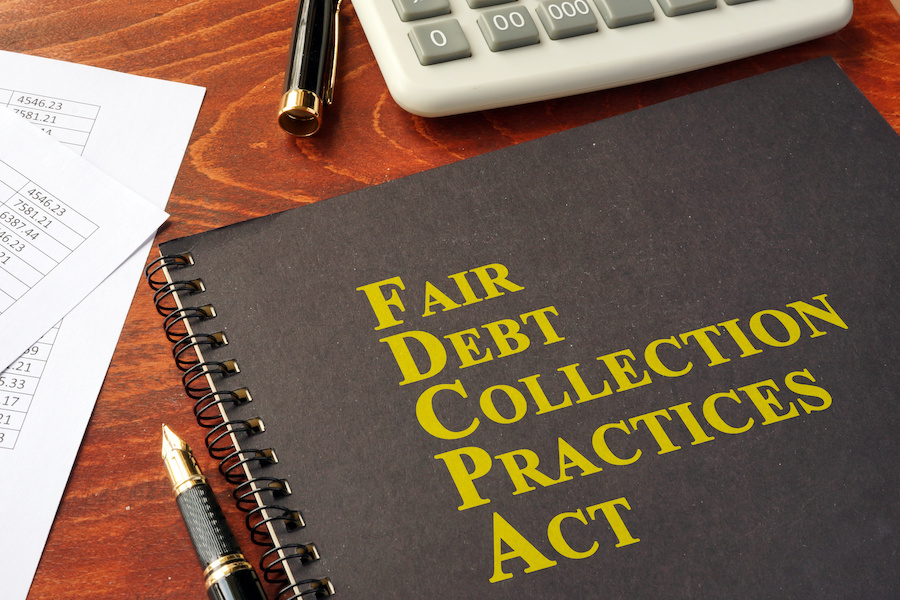The TCPA regulates all sorts of telemarketing activity, including calls to every type of phone number. This article will explain how the TCPA’s restrictions on the use of an automatic telephone dialing system (ATDS) to call cell phone numbers fits into the law’s overall regulatory framework.
Author: stefen
What Is TCPA Express Consent?
The most essential rule for avoiding Telephone Consumer Protection Act (TCPA) violations is to obtain the express consent of the called party before placing automated calls, text messages, or faxes. There are two kinds of consent: prior express consent and prior express written consent. Which kind of consent is required of a caller varies depending on the purpose of the call or text. But some sort of consent is always required.
What Is TCPA Compliance?
This article will explain the main provisions of the Telephone Consumer Protection Act (TCPA) with which callers must comply, outline why compliance is so important, and offer some best practices for compliance.
What Are the Penalties Associated with TCPA Violations?
While the Federal Communications Commission (FCC), Federal Trade Commission (FTC), and state attorneys general also have enforcement powers, the Telephone Consumer Protection Act (TCPA) is primarily enforced through its private right of action, allowing individuals to bring suit under the law. The original intent was for this right to be enforced in small claims court.… Continue reading What Are the Penalties Associated with TCPA Violations?
Federal Judge Strikes Down North Dakota’s Anti-Spoofing Law
On Monday, a United States District Court Judge in North Dakota ruled that the state’s law preventing called ID spoofing is unconstitutionally encroaching on Congress’s authority to regulate interstate trade. When North Dakota passed its Anti-Spoofing Act in 2019, SpoofCard, a New Jersey-based spoofing service, filed a lawsuit, arguing that it infringed on congressional authority.… Continue reading Federal Judge Strikes Down North Dakota’s Anti-Spoofing Law
CFPB Releases Final Debt Collection Rule
The Consumer Financial Protection Bureau (CFPB) released the final version of a debt collection rule that was last seen in proposed form back in May 2019. The rule, known as Regulation F, is a major update to the Fair Debt Collection Practices Act (FDCPA). This 653-page rule primarily serves to address how the law applies to… Continue reading CFPB Releases Final Debt Collection Rule
Another District Court Rules TCPA Retroactively Unconstitutional
Last month, a district court in Louisiana handed down an unusual ruling in a Telephone Consumer Protection Act (TCPA) that effectively rendered the law to be unenforceable for any alleged violations committed during a nearly five-year-long span of time. Now a district court in Ohio has handed down a similar ruling in another TCPA class… Continue reading Another District Court Rules TCPA Retroactively Unconstitutional
President Trump’s Campaign Faces Another TCPA Complaint
While the election is less than a week away, the Telephone Consumer Protection Act’s (TCPA) risks for political campaigns remain in full force. A resident of New York state filed a lawsuit against President Trump’s re-election campaign alleging violations of the TCPA’s prohibitions against the use of an automatic telephone dialing system (ATDS). This is… Continue reading President Trump’s Campaign Faces Another TCPA Complaint
Political Survey Triggers TCPA Class Action
In our previous coverage of the intersections between politics and the Telephone Consumer Protection Act (TCPA), we have largely focused on lawsuits faced by campaigns for elected office, such as those conducted by President Trump and Michael Bloomberg. But a recent TCPA class action—Drew v. Am. Directions Research, Grp., Case No. 20-cv-00402, 2020 U.S. Dist. LEXIS 191780 (N.D. Ill. October 16, 2020)—demonstrates how the risk of TCPA liability extends to other sorts of political communications, namely voter surveys.
Car Dealerships Settle TCPA Class Action for $850,000
A group of car dealerships settled a Telephone Consumer Protection Act (TCPA) class action—King v. Classic Chevrolet, Case No.: 4:19-CV-0429-CVE-JFJ, 2020 U.S. Dist. LEXIS 189783 (N.D. Ok. October 14, 2020)—stemming from alleged text message marketing violations. The defendants settled for $850,000, which is actually something of discount, considering the alleged violations involved texts to 118,000… Continue reading Car Dealerships Settle TCPA Class Action for $850,000









